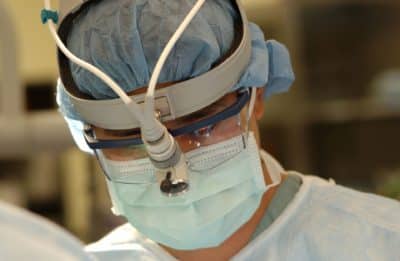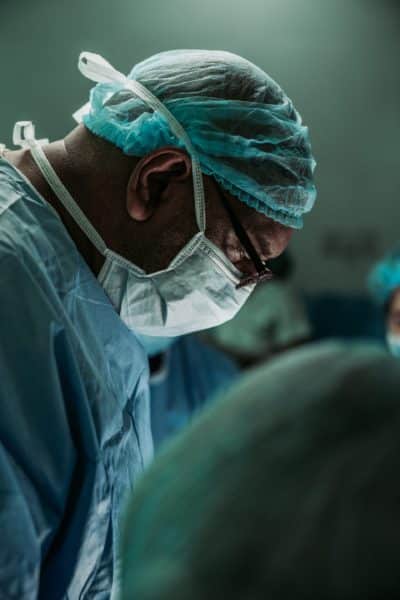Like most things, medical equipment will only be as valuable as the resources that are used to create that equipment. However, it is vital that medical equipment be made out of the top possible resources on the market because those materials can mean a life or death scenario for someone. Manufacturers, doctors, and patients should not have to worry if medical tolls will perform the way they should.
Plastic is a commonly used resource for many different kinds of medical equipment, but not all forms of plastic are made from the same grade or are made to the same quality. Continue reading to see how medical-grade plastic outperforms other types of plastic on the market.
IMAGE: UNSPLASH
What Is The Highest Form Of Plastic?
The highest grade of medical plastic that is on the market is cycloolefin polymers. This material is made from at least one cyclic monomer. In most cases, the term is used in reference to cyclic olefin polymers (COP). This form of plastic makes it significantly different than other kinds of plastic that are used by medical manufacturers because it is such a pure grade of plastic.
What Makes Medical Grade Plastic Different From Other Types Of Plastic?
Medical grade plastics are a highly sought after form of plastic because it has such a pure grade of the cyclo olefin polymer. Due to this, the plastic is almost similar to medical grade glass (and in some situations, it’s a preferred substance over medical grade glass). The reason that a lot of physicians and nurses tend to prefer medical grade plastic over glass is due to the fact that they run into fewer obstacles with the plastics.
Medical grade plastic is far less likely to crack or break, even when it’s been used for a long period of time. Medical glass, on the other hand, is more likely to have some fissures that begin to appear as time goes on. Many healthcare professionals prefer medical grade plastic because they worry that the glass could potentially start to crack during major surgery.
Manufacturers also prefer medical grade plastic because it has a non-ionic and inert surface to it. This will help cut down on the amounts of denaturation, delamination, and agglomeration that can sometimes occur in medical grade glasses. Medical grade plastic is also straightforward to clean and keep clean.
This is always the concern in a medical environment, but it is even more of a concern now that COVID is a major pandemic in the United States. Additionally, medical grade plastic is required to be a higher form of plastic because it won’t start to leak out any harmful substances that could make it into a person’s body during a procedure.
Usually, medical professionals are nervous about using equipment that is made of plastic for this reason. Still, medical grade plastic allows more people in the medical field to be rest assured that their patients will be safe with whatever tool they’re using. For manufacturers, they now have more flexibility for designing medical equipment since plastic can be manipulated more than glass.
Advantages Of Medical Grade Plastic In The Place Of Medical Grade Glass
As stated above, one of the main reasons that medical manufacturers are excited to begin using medical grade plastic in more types of medical equipment is due to how malleable the plastic can be. With glass, only so much can be done with it until the glass will be stretched to thein and start to crack.
However, medical grade plastic doesn’t have that problem. The ability to use medical grade plastics in more medical equipment will open up a whole new world of possibilities for product designers.
Patients or visitors will also never be able to detect the differences between the plastics or glass. Medical grade plastic is as clear as glass- it doesn’t have the fog texture to it that many forms of plastic have. This helps physicians see as they’re operating on a patient.
Another advantage that the plastic has is that it weighs less than glass. This makes it simpler for the surgeons to use on their patients, and it means that a surgeon will not get as tired as quickly as they’re performing the surgery.
COP plastics also weigh less than glass or other, lower grades of medical plastics. Due to this trait, doctors can be more agile during surgery with the utensils they’re using, and they’ll be less inclined to feel fatigued as quickly.
If you are interested in even more technology-related articles and information from us here at Bit Rebels, then we have a lot to choose from.


COMMENTS